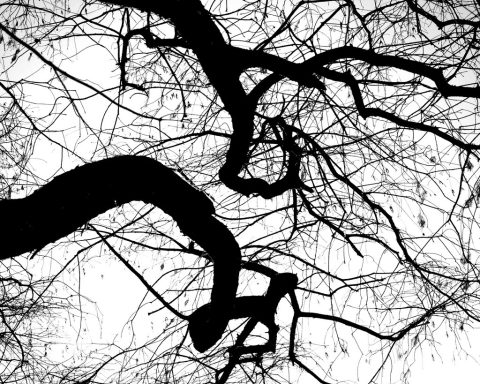THIS: “You don’t have to love something to like it. She wonders how long these words of wisdom have trickled down the female stream of her family.” My goodness. This story is ubiquitous, and I ached each time I read it. I am a woman who grew up in a family structure that trained women to play “traditional” roles in relationships. I think “Arrangement” also evokes memories of Zora Neale Hurston’s Their Eyes Were Watching God and Janie’s first marriage. Were you influenced by Hurston’s story at all?
Most likely, yes, on a subconscious level at the very least. I definitely see the parallels between my protagonist and Janie in her first marriage—particularly being that neither of these women wanted the marriage, and probably don’t believe in a successful marriage without love. There are many wonderful women writers that explore the pervasive ways in which marriage in a patriarchal society can disenfranchise women. Although stories that explore this concept have been around for some time, they are finally starting to gain popular attention and critical acclaim, something I see—maybe too optimistically—as progress.
I returned to thoughts of Janie toward the end of your story as the protagonist cuts her finger, and I’ve spent days thinking about what she might do next. What do you imagine she’ll do next?
Hmm, I don’t really specify how far forward in time the last two paragraphs have jumped, but I imagine it’s about a decade later, and by that time, I feel the protagonist is like the soap bubbles in the kitchen sink—windows are everywhere through which there is escape, and yet her duty keeps her stuck in a domestic space. I had fun exploring how we can all make mistakes in an ostensible sense (her premarital affair), and yet in being true to ourselves we need to make those mistakes and have a right to feel good about making them. I like exploring the intersection of the rights and wrongs of society and one’s own ethics because I believe at certain points, in everyone, they differ.
Can you talk about your writing routine? Where do you write? Is there a particular time a day when you write/research/edit? How do you shift from woman of the world to writer?
I am fortunate enough to have a part of my house staked out for my writing. I write for about four hours every week day. Being a woman of the world is all I really know, but as a human being I try to live compassionately and open-minded, and when I write I attempt to bring this same attitude to the characters in my fiction by seeing them as fellow humans, with reasons for acting as they do, reasons why they think they are doing what’s right or natural in their minds.
I see the father (not the husband) as the story’s villain. I imagine some people see him as the hero. How did you anticipate your reader responding to him?
Good question! I was thinking from the protagonist’s perspective, and the things we do that, although feel right and true to ourselves, can disappoint our loved ones, and no one likes to disappoint the people they love. I think, ultimately, the protagonist goes through with the “arrangement” because she wants to be a dutiful daughter, even if it makes her unhappy. I agree that in this story, the father is the antagonist, mostly because he prioritizes societal values above his daughter’s happiness. But I don’t think of him as a particularly bad person, only a function of societal values. He, just like his daughter, must negotiate between individual and societal values. The protagonist’s values, though, seem to diverge a bit more, and for this I see her as possessing a stronger sense of self.



 The SmokeLong Grand Micro Contest (The Mikey) is now an annual competition celebrating and compensating the best micro fiction and nonfiction online.
The SmokeLong Grand Micro Contest (The Mikey) is now an annual competition celebrating and compensating the best micro fiction and nonfiction online.